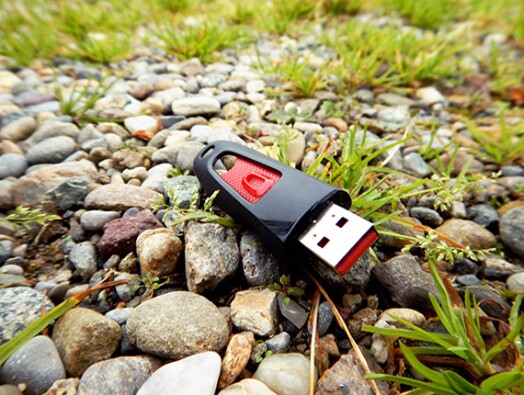
Why you're part of the problem
Benoy Tamang, CEO of document management provider eFileCabinet Inc. (www.efilecabinet.com) shared 10 of the most common bad habits common practices that accounting firms, with the wealth of valuable client data theyre responsible for, can ill afford.
(A text version of this slideshow is available

1. Sharing passwords

2. Using identical passwords

3. Using unsecure Internet Connections

4. Not purging files

5. Using unencrypted USB drives

6. Leaving computers unattended

7. Not reporting lost equipment

8. Not using privacy screens

9. Using personal mobile devices






